Trying to buy Ranitidine online in 2025 isn't as simple as it was a few years ago—and you’re probably here because you’ve run into warnings, confusing pharmacy options, or supply issues. The FDA pulled most Ranitidine products off the shelves back in 2020 due to concerns about a contaminant called NDMA. Since then, finding legit sources online can feel like walking through a minefield. If you have heartburn, acid reflux, or a prescription for Ranitidine, you want straight answers: Can you really buy it online now? Is it even safe or legal? Let’s unpack what’s real, what’s risky, and how to keep yourself protected.
Can You Buy Ranitidine Online in 2025?
Before you add Ranitidine to your online cart, here’s the reality in 2025: true, FDA-approved Ranitidine is basically unavailable in most countries—especially in the US, Canada, Europe, and Australia. Back in April 2020, the U.S. FDA and other regulators recalled all Ranitidine products due to NDMA, a contaminant linked to cancer. Pharmacies and drugstores worldwide pulled it from shelves—prescription and over-the-counter. Most reputable online pharmacies in regulated countries no longer stock it and won’t ship it.
That means if you stumble across a site still advertising Ranitidine, you need to be skeptical. Many such sites are either based overseas (and not subject to your country’s health laws) or are outright fraudulent. According to a 2024 WHO warning, more than half of online pharmacies offering banned or recalled medicines are either counterfeit or selling substandard products. If a site doesn’t require a prescription, doesn’t show licensed pharmacy credentials, or is offering Ranitidine dirt-cheap, you’re right to be suspicious.
So, to be blunt, you shouldn’t expect to find real, regulated Ranitidine stocked at your go-to online pharmacy in the US, UK, or anywhere else regulators have pulled it. If you do find it, double-check if it’s what you really need. Most doctors now prescribe other medications—like famotidine (Pepcid) or omeprazole (Prilosec)—because they don’t have this NDMA risk, and they work in similar ways. If you need Ranitidine specifically for a rare condition and can’t tolerate alternatives, your specialist should be directly involved in helping you find a reliable compounding pharmacy (which is still extremely rare).
How to Avoid Risks When Buying Ranitidine Online
If you’re determined to look for Ranitidine online—even just to see what’s out there—here’s how you sidestep the most common scams and health hazards:
- Always check if the site is a real, licensed pharmacy: In the US, look for VIPPS certification. In the UK, look for registration with the MHRA or the General Pharmaceutical Council. If a website hides its contact info, looks generic, or dodges your questions, don’t trust it.
- Be suspicious of sites selling Ranitidine without a doctor’s prescription:
- Compare prices to make sure you’re not being scammed. Anything far cheaper than standard pricing (before the recall, branded Ranitidine 150 mg was around $0.20-0.50 per tablet in US pharmacies before insurance) is probably fake or has issues.
- Look for red flags like foreign packaging, poor spelling/grammar on the site, sketchy payment methods (Bitcoin only, no credit cards), or lots of unverified “customer” reviews.
- Think about the supply chain—if a product is banned locally, where’s this version coming from? Respected pharmacies will be transparent about their sources.
- Ask your doctor if they know of pharmacy options or compounding pharmacies. These are legit businesses that make custom drugs, sometimes including medications like Ranitidine for rare cases—but only with valid documentation and after a tough approval process.
Here’s a little test: If the pharmacy has no phone number, no pharmacist name, and doesn’t let you talk to a real person, walk away—it’s not worth the gamble with your health.
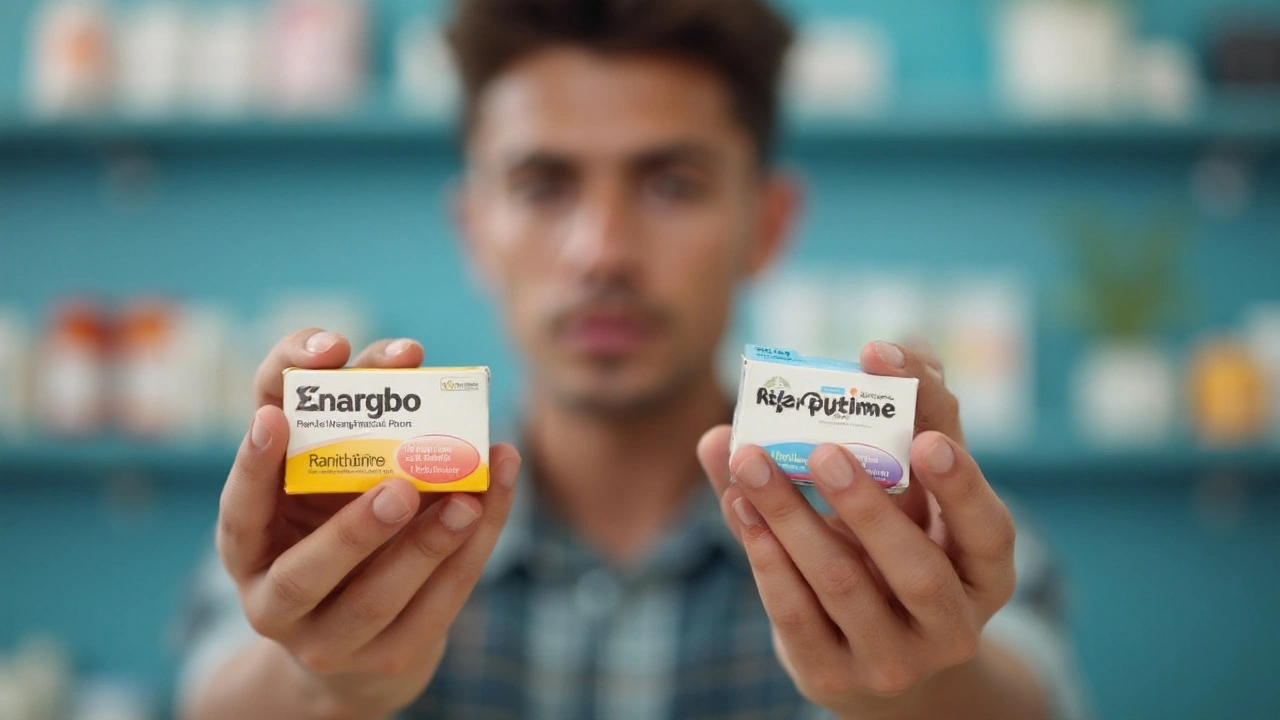
Alternatives to Ranitidine and Smart Options in 2025
Since Ranitidine is mostly off the market, people who used to rely on it for acid reflux, ulcers, or heartburn have switched to other medications that work in similar ways and don’t carry the same risks. Here’s what most doctors are recommending and real patients are using instead:
- H2 blockers like famotidine (Pepcid): Works a lot like Ranitidine at blocking stomach acid but hasn’t had the NDMA problem. Available over the counter and by prescription in most countries.
- Protein pump inhibitors (PPIs) like omeprazole (Prilosec) and lansoprazole (Prevacid): Highly effective for long-lasting relief, though they work a little differently. These are widely available in pharmacies and online after an e-visit or prescription approval.
- Antacids: Calcium carbonate tablets (brand example: Tums) are a fast fix for mild, occasional symptoms.
- Lifestyle changes: Avoiding foods that trigger reflux (spicy, fatty, late-night snacking), eating smaller meals, and raising your head when you sleep often help too.
If you have a unique need for Ranitidine—like a rare allergy to alternatives, or part of a specific doctor-approved protocol—ask your healthcare provider. In rare circumstances, licensed compounding pharmacies may create it on a case-by-case basis, but this requires close supervision and isn’t an online free-for-all.
Searching for a quick comparison of your options?
| Option | Where to Get (Online) | Prescription Needed? | 2025 Availability | Risk Level |
|---|---|---|---|---|
| Ranitidine | Very rare, high risk | Yes (when legal) | Mostly unavailable | High (counterfeits, contaminants) |
| Famotidine (Pepcid) | Most online pharmacies | No (OTC), Yes (Rx high dose) | Widely available | Low |
| Omeprazole | Most online pharmacies | No (OTC), Yes (Rx) | Widely available | Low |
| Tums | All major retailers/pharmacies | No | Universal | Low |
Pro tip: When in doubt, check the FDA’s "BeSafeRx" site or your country’s health agency for up-to-date legit pharmacy lists. Trust is better built offline—talk to your doctor or pharmacist if you’re not sure.
Mini-FAQ: Buying Ranitidine Online
- Is it legal to buy Ranitidine online in 2025? Not in the US, Canada, UK, or Australia—unless through very rare, doctor-approved channels like compounding pharmacies. Most websites selling it aren’t legal or safe.
- What’s the deal with NDMA? NDMA is a probable human carcinogen that builds up in Ranitidine over time, especially when it’s not stored properly—this is why regulators acted quickly to recall the drug.
- Can I find safe alternatives online? Absolutely. Famotidine and omeprazole are accepted substitutes and easy to buy from legit online and brick-and-mortar pharmacies.
- I found a cheap Ranitidine site overseas. Should I risk it? Not worth it. Quality, ingredients, and legal status are all uncertain. Some countries don’t regulate pharmaceuticals strictly—counterfeits are everywhere.
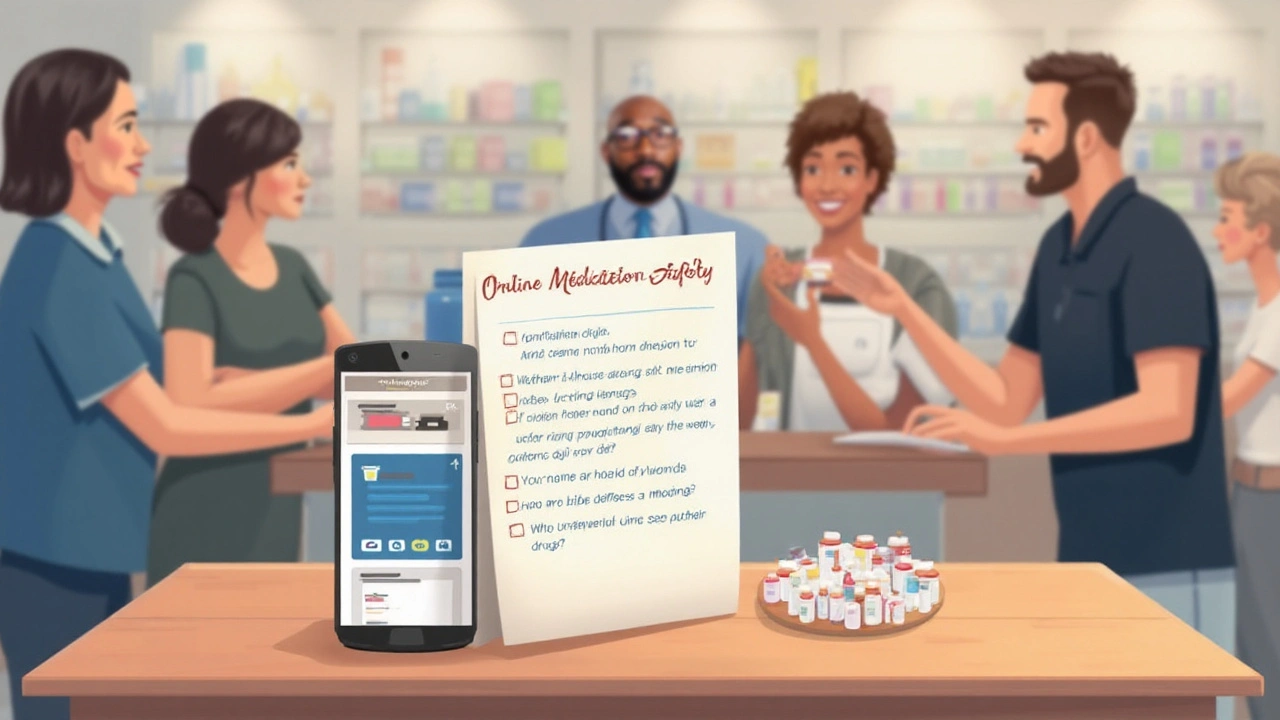
Next Steps for Different Scenarios
- Regular heartburn/reflux sufferer: Stick with proven, available OTC options like famotidine or omeprazole. They’re easy to get online in the US, UK, Australia, and most of Europe.
- Doctor told you Ranitidine only: Ask your healthcare provider about compounding pharmacy options if you have special needs. Don’t try online overseas sellers without medical supervision.
- Uninsured or on a tight budget: Shop around safe, licensed online pharmacy sites for generics of famotidine or omeprazole; some programs offer discount cards for big savings on these alternatives.
- Living outside the US/UK/Australia: Check your country’s drug laws. In some countries, Ranitidine hasn’t been banned, but always verify the pharmacy’s license.
Your acid reflux relief shouldn’t come with legal trouble or health risks. Today, the safest move is to talk to your doctor, choose approved alternatives, and only shop with verified online pharmacies. Anything else is a gamble you don’t need to take.

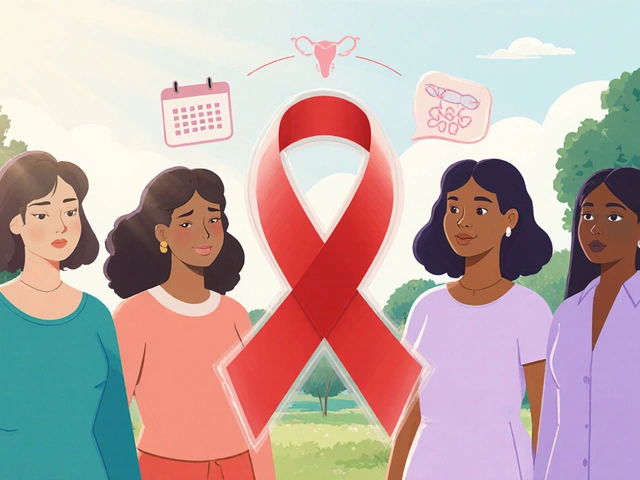
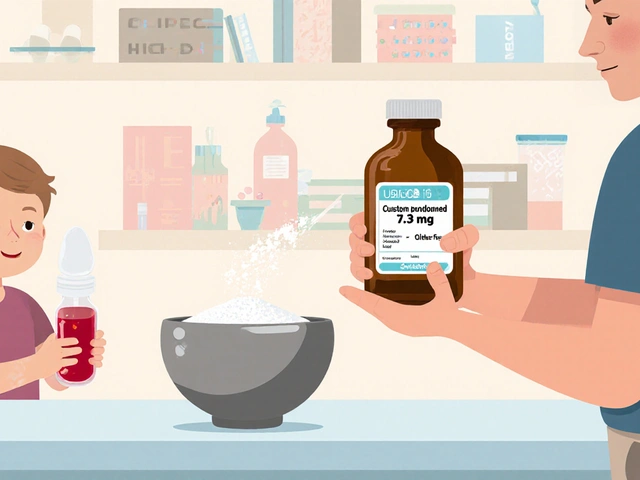
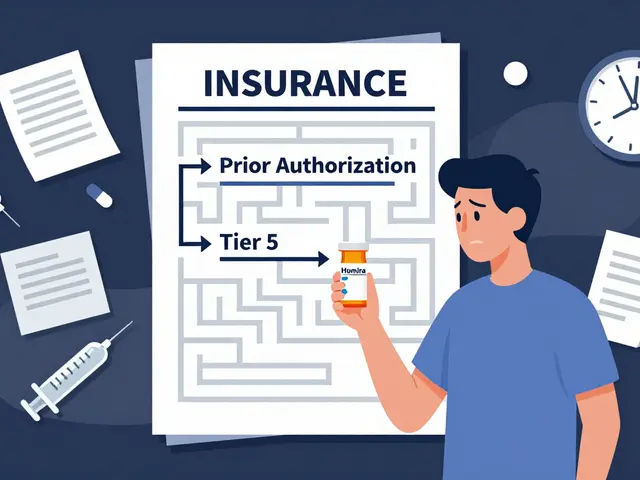
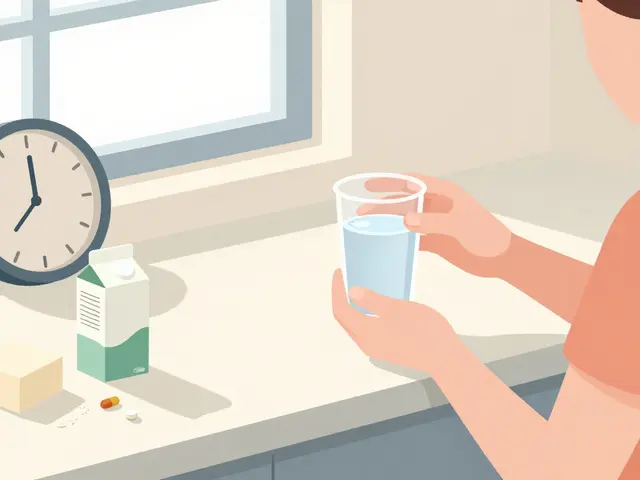
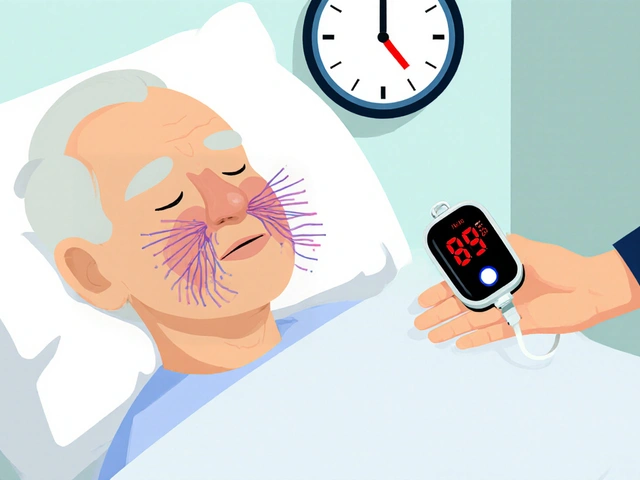

Famotidine and omeprazole are the safer routes to go for most people right now.
Switching saved me a lot of stress and the OTC versions work fine for day-to-day reflux.
Also worth keeping receipts and checking pharmacy credentials before ordering anything that sounds suspicious.
No way I'd trust a random overseas site selling ranitidine, period.
NDMA contamination is exactly the kind of thing that should have set off every alarm and it did, but the aftermath is messy and still dangerous if people ignore the warnings.
Regulators pulled ranitidine because a probable carcinogen builds up under common storage conditions and that risk cannot be waved away by cheap listings and slick landing pages.
Do not assume a site that ships to your door has done stability testing or has quality control, because most of them have not and many suppliers cut corners for profit.
People trading health for convenience are the ones who suffer first, and that trade gets worse when the supply chain is opaque and the product was already recalled.
Compounding pharmacies exist for legitimate reasons, but they operate under strict oversight, require documentation, and create medicines case by case - that is not the same thing as a bulk overseas manufacturer hawking tablets to anyone with a credit card.
Trust in medication depends on transparency about ingredients, batch testing, and licensed dispensing pharmacists being available to answer questions, not on flashy marketing or unverified reviews.
The more a website hides its credentials, the more likely it is that the pills inside are substandard or adulterated, and NDMA is a silent threat that can build slowly and show up long after purchase.
People with genuine medical necessity for ranitidine should be working with their specialists, not bargain hunting on the web.
Using safer alternatives is not about convenience, it is about removing unnecessary carcinogenic risk from something you take regularly.
Regulatory action happens because evidence accumulates, and ignoring that evidence because a site promises low prices is a bad gamble with long-term consequences.
For those with complex needs, a licensed compounding path exists but it requires oversight, testing, and a clear medical justification - nothing like casually ordering a bottle from an unknown source.
Keep records of prescriptions, insist on batch testing documents if a pharmacy claims to produce rare meds, and never accept vague claims about safety or origin.
Labeling and lot numbers matter; if those are missing or inconsistent, the product is not worth taking.
Ultimately, protecting your health means avoiding shortcuts and trusting processes that prove safety, not promises that sound too good to be true.
Take alternatives seriously and keep your healthcare provider in the loop for anything outside standard OTC options.
Good call about compounding being a legitimate but controlled option.
I had a friend who needed a tailored dose once and the pharmacist walked them through every step, showed certificates, and explained stability testing.
That transparency made all the difference and kept everyone calm.
There is a moral side to this too.
When medicine becomes a commodity, corners get cut and people lose trust.
Choosing safer, well-regulated alternatives is as much about ethics as it is about pharmacology.
Good reminder to verify pharmacy licensing and to keep prescriptions documented.
A simple check on the national regulator's site saves a lot of headaches down the road.
Bought famotidine online once. No drama
Glad people are talking harm reduction around this topic 😊
Sharing a tip that helped me: check for a pharmacist chat or a visible license number on the pharmacy site before ordering, it saved me from a sketchy purchase once 👍
Compounding pharmacies are fine but they are overhyped by some as a loophole, not a solution.
They still need proper prescriptions and oversight and are not a quick fix for anyone who just wants ranitidine back on the shelf.
I switched to omeprazole after the recall and I ended up learning more about long-term management, not just pills.
At first I missed the quick relief of my old med, but learning lifestyle tweaks made a noticeable difference over a few months.
Sleeping with the head of the bed elevated, cutting late-night snacks, and avoiding trigger foods helped reduce flare-ups so much that I needed meds less often.
When meds were necessary, lower-dose famotidine worked well for breakthrough symptoms and felt safer for regular use.
The whole experience pushed me to think of reflux as a chronic thing to manage rather than a single-pill fix, and that shift made day-to-day life easier.
Seeing a provider for periodic check-ins also caught issues early that self-treatment would have missed, and that peace of mind was worth the appointments.
Not everyone needs that level of involvement, but having open lines with a pharmacist or doc paid off for me in avoiding sketchy online sellers.
Spot on about not treating compounding as a shortcut.
They do good work, but they are part of a regulated chain and that's what makes them trustworthy.
NDMA scares people but regulation fixed that
Balance and clarity help more than panic.
Use proven alternatives, consult a professional, and avoid unknown sellers.
That approach protects both short-term comfort and long-term health.